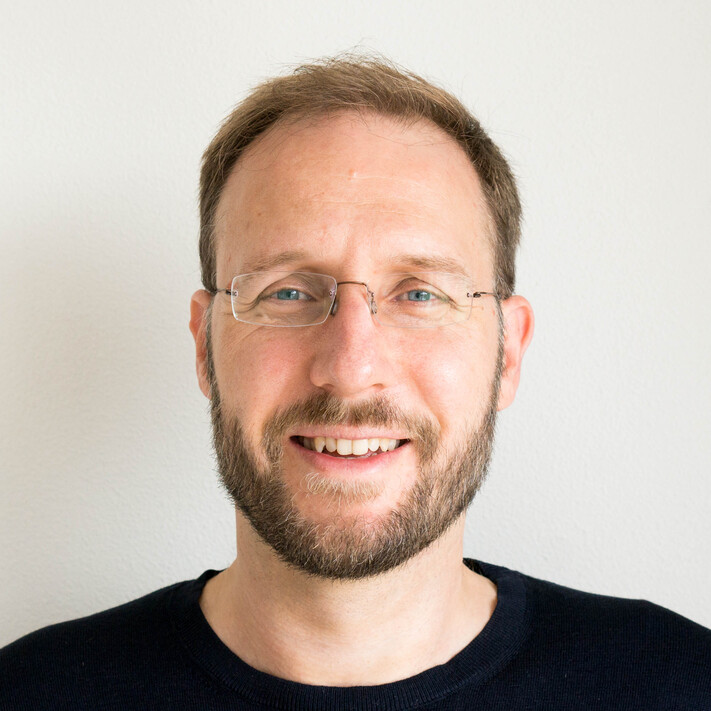
Jan-Willem van de Meent
Associate professor (UHD)
AMLab and Delta Lab
Informatics Institute
University of Amsterdam
Science Park, Lab 42, L4.13
Dr. Jan-Willem van de Meent is an Associate Professor (Universitair Hoofddocent) at the University of Amsterdam. He directs the AMLab, co-directs the Uva Bosch Delta Lab, and directs the Amsterdam ELLIS Unit. He previously held a position as an Assistant Professor at Northeastern University, where he continues to co-advise and collaborate. Prior to becoming faculty at Northeastern, he held a postdoctoral position with Frank Wood at Oxford, as well as a postdoctoral position with Chris Wiggins and Ruben Gonzalez at Columbia University. He carried out his PhD research in biophysics at Leiden and Cambridge with Wim van Saarloos and Ray Goldstein. He served as a founding co-chair of the international conference on probabilistic programming (PROBPROG) and served as a program chair for the international conference on artificial intelligence and statistics (AISTATS). He was the recipient of numerous grants, including an NWO Rubicon Fellowship and of an NSF CAREER award.
Jan-Willem van de Meent’s research seeks to understand what methods in AI have the potential to generalize across diverse application domains, and how we can think compositionally about such methods. One aspect of his work focuses on methods development in generative AI, deep learning, and probabilistic programming. He also collaborates extensively in a range of application domains. In the past he has worked on problems in biophysics, neuroscience, healthcare, and robotics. His current collaborations focus on physical chemistry, fluid mechanics, and materials science. The two problems he currently cares about most are uses of AI to make scientific computation more scalable, and maximizing data-efficiency of AI methods in the context of scientific domains.
Recent Publications
2025
-
ICMLControlled Generation with Equivariant Variational Flow MatchingIn International Conference on Machine Learning 2025
-
ICMLExponential Family Variational Flow Matching for Tabular Data GenerationIn International Conference on Machine Learning 2025
2024
2023
-
ICML WNCEntropy Coding of Unordered Data StructuresIn ICML 2023 Workshop Neural Compression: From Information Theory to Applications Jul 2023
2022
-
EMNLPThat’s the Wrong Lung! Evaluating and Improving the Interpretability of Unsupervised Multimodal Encoders for Medical DataProceedings of the Conference on Empirical Methods in Natural Language Processing. Conference on Empirical Methods in Natural Language Processing Dec 2022
-
NeurIPS WSGNRUnderstanding Optimization Challenges when Encoding to Geometric StructuresIn NeurIPS 2022 Workshop on Symmetry and Geometry in Neural Representations Dec 2022
2021
-
ICML